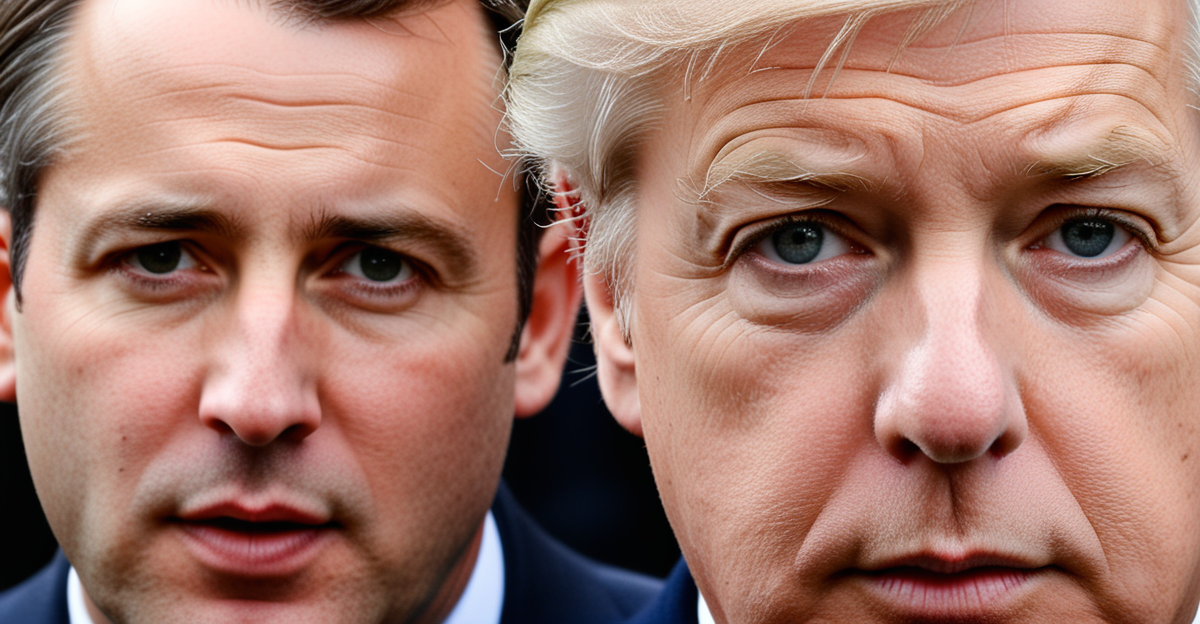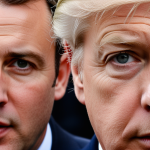Overview of Recent UK Political Developments
Over the past year, the UK political changes have been significant, marked by crucial leadership transitions and notable policy shifts. Following a series of elections, the government witnessed new appointments at both ministerial and party leadership levels, reshaping the political landscape. These changes have influenced the UK’s approach both domestically and internationally.
One key development was the alteration in leadership within major political parties, which brought new priorities and ideologies to the forefront. Alongside this, there were policy shifts focusing on areas such as immigration reform, environmental targets, and economic recovery strategies post-pandemic.
In the same genre : What are the challenges of covering UK elections in the media?
Additionally, critical elections reshaped parliamentary representation, impacting the government’s stability and legislative agenda. The introduction of innovative policies aimed at improving public services and boosting trade have the potential for wide-reaching effects, not only within the UK but on the global stage as well.
Understanding these developments is essential to grasp the evolving narrative of the UK’s domestic and international role, as they set the context for ongoing diplomatic and economic initiatives. The interplay between leadership transitions and policy shifts continues to define the trajectory of the UK’s political environment.
This might interest you : What are the current challenges in the UK’s healthcare system?
Diplomatic Implications for UK-European Relations
The evolution of UK-Europe relations has been deeply influenced by ongoing adjustments to Brexit impacts. Over the past year, the UK government has modified its approach to Brexit implementation, seeking to balance domestic priorities with maintaining workable ties across the Channel. These adjustments include nuanced positions on customs checks and regulatory alignment, which are crucial for smooth trade flows.
How do these changes affect UK-EU trade agreements? The curtailment or adaptation of certain protocols has led to renegotiations aimed at reducing disruptions while safeguarding UK sovereignty. The UK emphasizes flexibility, whereas the EU stresses adherence to previously agreed terms, often leading to complex diplomatic dialogues.
Individual EU member states’ responses vary considerably. Countries with significant trade exposure to the UK, such as Ireland and the Netherlands, push for strict enforcement of agreements to protect their economies. Others show willingness to accommodate pragmatic solutions, recognizing the broader importance of stable UK-Europe cooperation.
These shifting dynamics underscore the delicate balance the UK must maintain in evolving UK-Europe relations post-Brexit, with both economic and political stakes influencing ongoing EU negotiations.




